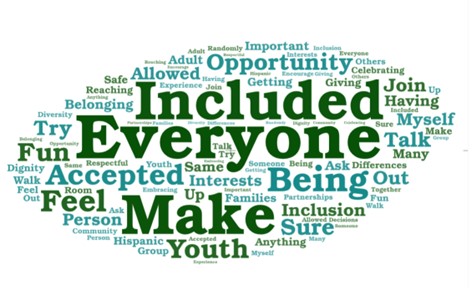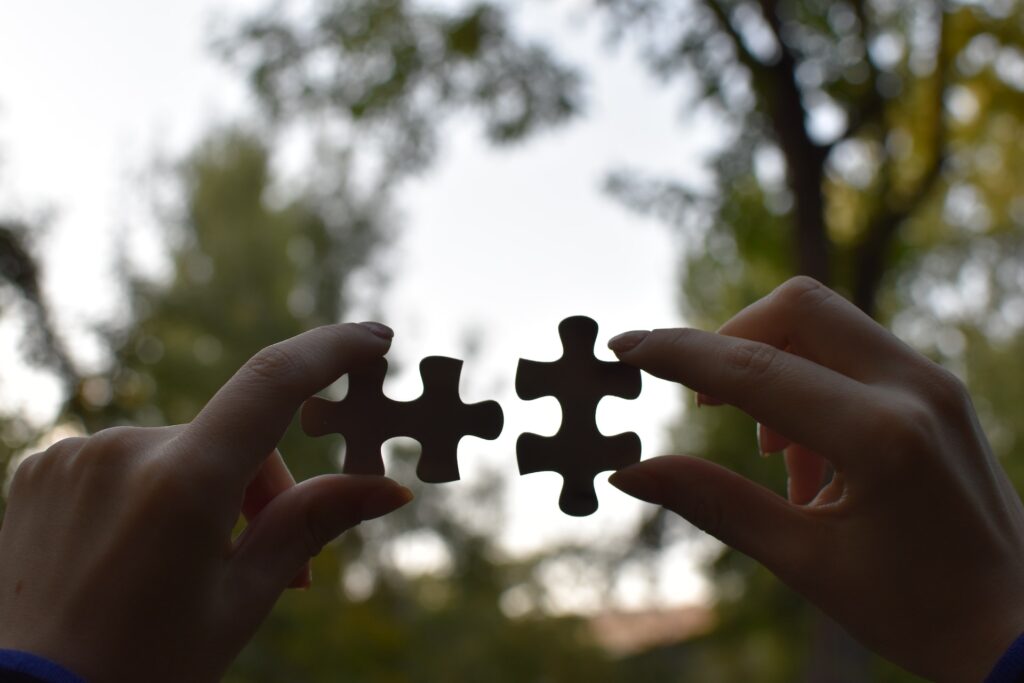Entering the Conversation

Youth-Adult Partnership = A Learning Experience
Why Might You(th) Start a Conversation?
Are you wondering about the stories people are telling and hearing in our communities every day? This may be a report on the news, it may be an advertisement, a you tube video, or a dinner table announcement. We have conversations with words. People choose words from many languages. AND, we create conversations with our actions, pictures, our choices. Our conversations may have dialogue and likely have MUCH MORE!
A Wisconsin Conversation found here belongs to many voices. This program was created in youth-adult partnership, thoughtfully and intentionally, to design a space for safe (enough) and brave conversations. Most importantly, we hope to connect many, many more. This program is for you(th) to define your conversation the way it makes sense for you (with support).
Our Wisconsin Conversation is dedicated to creating spaces for you(th)
- to connect
- to be seen
- to feel heard
- to develop skills and confidence to create those same spaces for others.
As you learn more, you may feel comfortable to ‘read’ and ‘lead’ conversations from experience s in your own community.
But AM I supposed to do this?
Have you ever needed to ask for help but didn’t know how? Did you think you only had dumb questions? Or, worse, questions that if you asked them, someone else might judge you? Maybe you didn’t know what you needed. Maybe you were afraid the person you asked wouldn’t care. Or, you just knew deep down there had to be someone else who could do this better. If you ever had that kind of learning experience, you(th) are the
leader for a Wisconsin Conversation.
You(th) don’t need the research to know that you(th) are changemakers. You(th) are excellent interpreters and translators of things that might not need to be changed but may need a new language or way of doing things to be understood. Our you(th) leaders
who developed this program reminded us that leading looks many ways and our communities need you(th) to lead in the way that works best for them.
You(th) recognize BELONGING MATTERS. As leaders it is our responsibility to create positive spaces for our peers so that EVERYONE feels engaged. Explore this resource to learn more about small and big ways to lead.
Youth-Adult Partnerships
This resource will guide your planning and/or doing, but the ‘how’ will be up to you(th)! Here in Wisconsin 4-H, we valued youth- adult partnership. Here are some reasons (and resources) why!
But WHAT am I actually supposed to do?
We’re glad you asked! Keep asking questions. . . Have you ever listened to all the instructions or watched someone demonstrate something and still have no idea where to start? What if you finish, but you can’t tell exactly where you need to improve? When we think of hands-on or experiential learning, usually we think of items we can make and then see the results afterwards. You may even have had someone critique your project and possibly win an award.
While we might not be able to ‘see’ with our eyes the product of many of the WI Conversations found here, we feel them.
The youth who helped create this program recognized that these experiences need us to remember it takes time and many tries to improve. Their guidance helped us keep our goals simple but with room to grow.
Our goals for the all Wisconsin Conversations never change. We always:
- share our observations,
- ask questions, and
- identify strategies for learning and acting as we move forward.
In the next section, Join Our Wisconsin Conversation!, we will provide a framework to try.
Choosing YOUR What
The ‘what’ can look different for everyone. Here are some
4-H resources to help you choose your ‘what.’
- Help Youth “Thrive”
- Find your ‘Spark’. For example: Arts and Communication Projects
- Learn while Doing
Images courtesy of Pixabay and Vardan Papikyan on Unsplash
This page is optimized for printing





